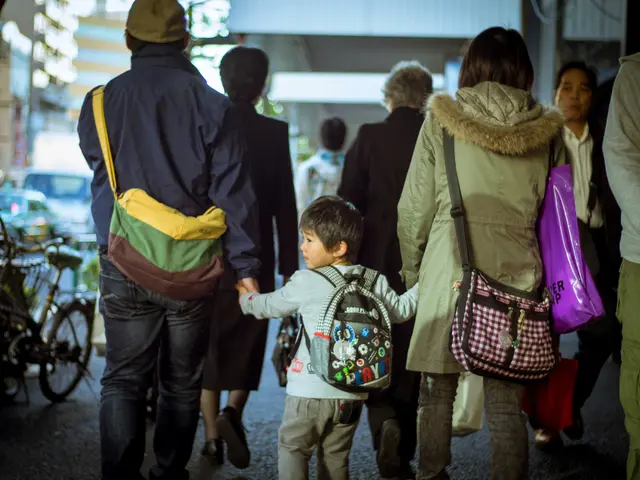UfU Study Highlights Germany's Failing on Children's Environmental Rights
A new study by the Independent Institute for Environmental Issues (UfU) has highlighted Germany's shortcomings in implementing children's environmental rights under international law. The study, titled 'Children's Environmental Rights in Germany', was published this week and has sparked discussions about the country's environmental policies.
The UfU study, which focused on the development of age-appropriate educational materials on environmental topics, found that Germany has failed to adequately implement environmental rights for children as outlined in international law. Despite the significant impact of youth environmental movements like Fridays for Future between 2019 and 2021, and the recent dominance of climate group Last Generation, the study does not mention these movements.
The study identifies gaps in Germany's Environmental Information Act, with environmental quality reports often written in highly technical language that is inaccessible to children. The UfU calls for more ambitious and effective environmental policies to allow children's rights and environmental protection to mutually reinforce and promote each other. The study references the UN Convention on the Rights of the Child (CRC) and the Aarhus Convention, noting that while they set standards, they do not specifically protect children's environmental rights. Germany's Basic Law provides comprehensive protection for children's rights, including safeguards against environmental hazards, but these rights are not always explicitly mentioned.
The UfU study serves as a reminder that while Germany has made strides in environmental protection, there is still work to be done to ensure that children's environmental rights are fully protected and respected. The study's findings underscore the need for more accessible environmental information and more ambitious environmental policies that prioritize the rights of future generations.






